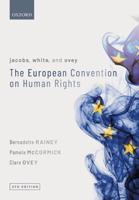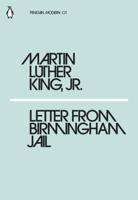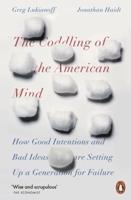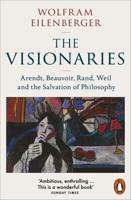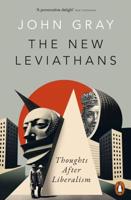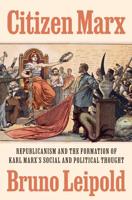Publisher's Synopsis
The problem of how we are to live together in morally and culturally diverse democratic societies is central to modern life. Over the last thirty years, an extensive philosophical literature has developed around the idea of toleration as a way of engaging with that problem. However, recent years have witnessed a growing backlash against the idea of toleration, which is often considered too 'thin', or too unambitious an aspiration for liberal democracy. This timely collection of essays from an international field of experts in the history and philosophy of toleration takes stock of this debate and offers a distinctive reassessment of the place of toleration in contemporary political life. Against the general climate of scepticism, the message that emerges from these essays is that toleration remains an extremely powerful idea, and one that must remain central to the political enterprise of forging social unity amid diversity in the twenty-first century.This book was originally published as a special issue of Critical Review of Social and Political Philosophy.


